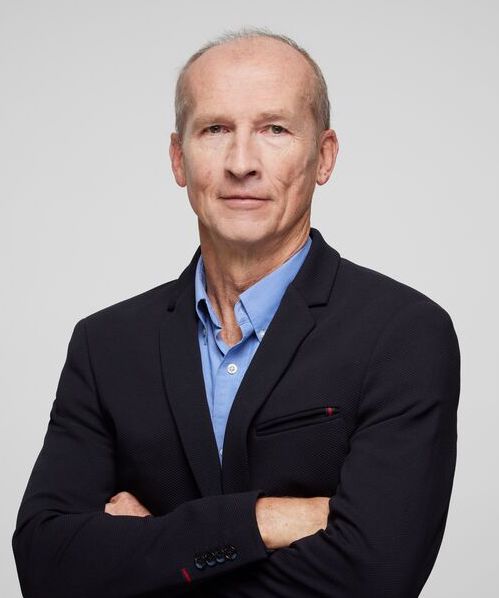Most people who fill up their gas tanks give little to no thought about where the gas comes from, or the effort it takes to get it to the pump.
An online program at Arizona State University, which just celebrated its “tin anniversary," is devoted to this mission.
The Global Oil and Gas Management Certificate program at ASU’s Thunderbird School of Global Management provides students with a well-rounded understanding of how the oil and gas industry operates in an era of consolidation and competition.
Andrew Inkpen
“This is a business-oriented program that will help an organization become a world leader in the highly competitive gas and oil market,” said Andrew Inkpen, professor of management and the J. Kenneth and Jeanette Seward Chair in Global Strategy at Thunderbird. “It is designed for people who either work in the industry or have hopes of working in the industry.”
Students must pass 12 modules, which come with pre- and post-tests, to understand how the oil and gas industry operates. They will receive a certificate at the end of the online, do-it-at-your-own-pace course.
While some students work in the gas and oil industry, others are employed by branches of the military, maritime security, conservation groups, exchange firms and large banks, according to a class roster provided by the school.
The online course is accessed by students from around the globe. Countries represented include UAE, South Africa, Columbia, Canada, Ecuador and Angola, along with multiple cities in the United States.
Inkpen said the class was co-designed with his colleague, finance Professor Michael Moffit. The two spent about a year designing the course before offering it to the public and updating the content as necessary.
“It’s a very technical and commodity-oriented class because it’s a complicated business,” Inpen said. “We designed this for technical people in the business and for people who don't know anything about the business but would benefit in understanding the industry. We didn’t find anything else out there that looked like our program.”
Some of the topics in the curriculum include:
- Global Oil and Gas: Value Chain and Geopolitics of Oil.
- The Upstream: Exploration, Development, and Production.
- The Midstream: Markets and Transportation.
- The Downstream: Refining and Marketing.
- The Future Oil and Gas Industry.
Inkpen said the value of this industry must be understood on a global level and that gas and oil are here to stay — at least for a while.
“The transition away from oil and gas will take several decades, but we are on our way,” Inkpen said. “As of now, this industry remains our number one source of energy. Over time, renewable energy will grow in importance and oil and gas will decline.”
Rudy Aguado contributed to this article.
Top photo courtesy iStock/Getty Images
More Science and technology

ASU graduate student researching interplay between family dynamics, ADHD
The symptoms of attention deficit hyperactivity disorder (ADHD) — which include daydreaming, making careless mistakes or taking risks, having a hard time resisting temptation, difficulty getting…

Will this antibiotic work? ASU scientists develop rapid bacterial tests
Bacteria multiply at an astonishing rate, sometimes doubling in number in under four minutes. Imagine a doctor faced with a patient showing severe signs of infection. As they sift through test…

ASU researcher part of team discovering ways to fight drug-resistant bacteria
A new study published in the Science Advances journal featuring Arizona State University researchers has found vulnerabilities in certain strains of bacteria that are antibiotic resistant, just…

